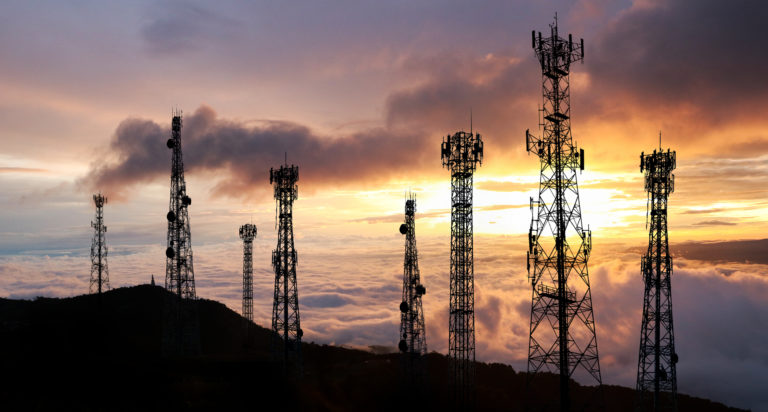NASSAU, BAHAMAS — The Chinese Embassy in The Bahamas is rejecting claims it used mobile phones in the Caribbean to “spy” on Americans, dismissing the allegations as an attempt by the US to “sow discord between China and Caribbean countries”.
The embassy issued a statement today on the heels of an article published yesterday by UK media house The Guardian entitled “Revealed: China suspected of spying on Americans via Caribbean phone networks”.
According to the article, a mobile network security expert claims “China appears to have used mobile phone networks in the Caribbean to surveil US mobile phone subscribers as part of its espionage campaign against Americans”.
But the Chinese Embassy, in its statement, said: “It is not surprising to see another story on China’s network spying fabricated by an American expert. It’s also another attempt of US to sow discord between China and Caribbean countries.
“Some western newspapers are really fans of such stories, even though they never reflect facts or show evidence.”
It added: “China and Caribbean countries have all along maintain friendly relations and mutual beneficial cooperation. We believe that after recognizing the truth, most countries will take an objective and impartial stand and make independent judgments.
“We are confident that the cooperation of the two sides will stand the test of time.”
When reached for comment, both Minister of Foreign Affairs Darren Henfield and Minister of National Security Marvin Dames declined to comment on the matter.
The Chinese Embassy’s statement, meanwhile, noted the history of tension between China and the US and insisted that China maintains a strong stance against cybersecurity.
“For a period of time, especially during President Trump taking the White House, the US has been lobbying other countries with carrot and stick to stop their normal cooperation with Chinese high-tech companies, including Huawei, under the pretext of national security,” its statement continued.
“Now they are targeting other Chinese telecommunication companies.“
The embassy claimed that when “American companies lose competitive edge, the US plays dirty and tends to mobilize state power to bully others“.
“The real purpose,” the embassy stated, “is to crack down on non-American enterprises that have gained an edge over American ones, and to suppress the legitimate development rights of other countries, so as to safeguard the monopoly, self-interests and scientific and technological hegemony of the US.”
It added: “China is a staunch defender of cybersecurity and firmly opposes and cracks down on cyber attacks of any form in accordance with law. Facts have proved that Chinese companies have been maintaining a very good record on network security.
“Take Huawei as an example. In the past 30 years, Huawei has built more than 1,500 networks in more than 170 countries and regions, partnering with 228 Fortune Global 500 companies and serving more than three billion people around the world.
“There have been no such network security incidents as the Snowden incident and WikiLeaks, no such cyber surveillance programs as ‘Prism Gate’, ‘Formula Organization’ and ‘Echelon System’ and no country has been able to come up with evidence to prove Huawei products have back doors.
“On the contrary, as AFP reported in October, the US and other Five Eye countries, the notorious intelligence alliance, have publicly requested that backdoors be set up in encryption applications such as Signal and Telegram to provide access to law enforcement agencies. So far, the United States has not given an explanation.”


